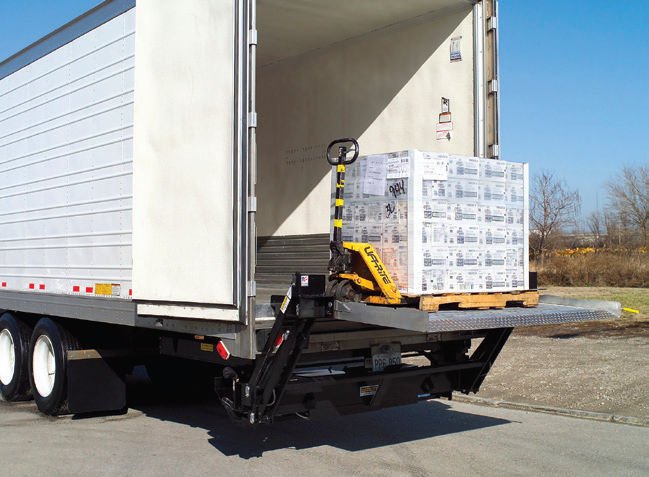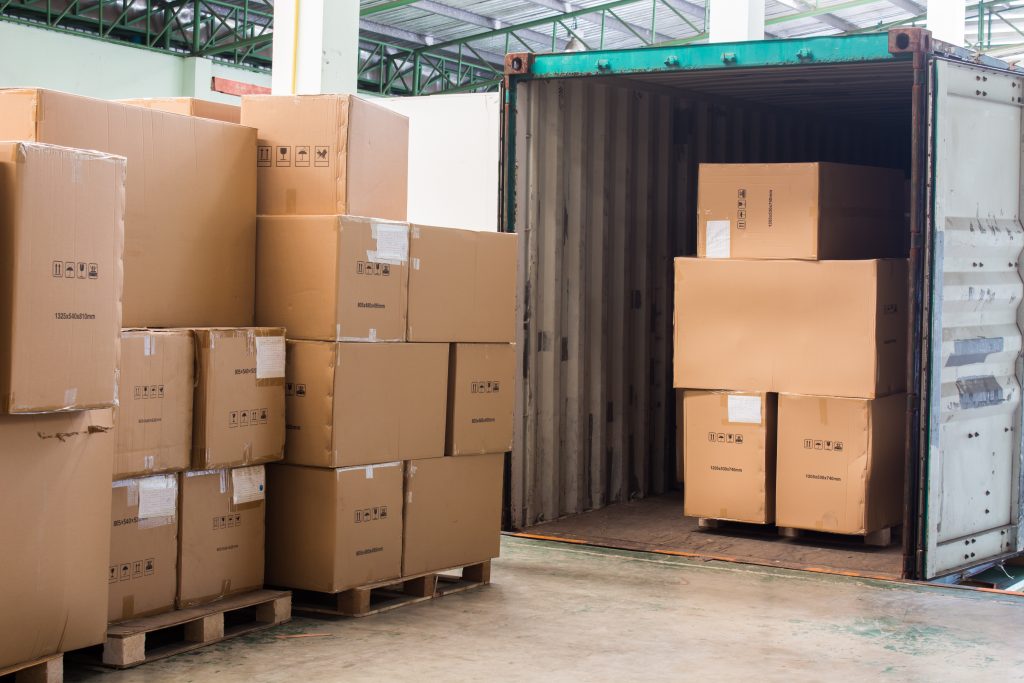Accessorial charges have become a standard part of the shipping industry, especially with LTL shipments. These charges apply to a range of circumstances and are designed to cover situations in which a shipment requires extra attention in its journey from point A to point B. In this post, we’ll help you understand LTL accessorial charges and explain how to keep additional costs to a minimum.
What Are Accessorial Charges?
Typically, a carrier expects to pick up a shipment at a dock, transport it, and then deliver it to a second dock. Any service that goes beyond this normal pattern of pick-up, transport, and delivery is subject to an accessorial charge.
But shipments are rarely done with this level of simplicity, which means that accessorial charges are quite common.
What Charges Are Associated with LTL Freight?
While accessorial charges are common on a variety of shipment types, less than truckload (LTL) shipments tend to incur fees on a regular basis. This can happen because of:
- Reclassification or re-weighing
- Residential deliveries
- Oversize shipments
- Inside deliveries
- Liftgate deliveries
- School or military delivery locations
- Trade Shows
- Hazardous materials
- White glove service
- Single shipments
- Limited access
Basically, an LTL surcharge is applied when the changing dynamics of LTL shipments mean that the carrier may have to deal with different conditions at each delivery point.

Understanding Intermodal Accessorial Charges
Some LTL shipments can rely on intermodal transportation, which means that they use multiple modes of shipping to reach their destinations. Again, these shipments are also subject to additional accessorial charges, due to the extra steps involved in transport.
Are Accessorial Charges Standardized?
Unfortunately, carriers charge various rates for accessorial charges, which makes it a bit more challenging to factor these costs into your overall budget.
If you know you can’t avoid accessorial charges on your next LTL shipment, you may want to contact the carrier, or 3PL, to determine their rates, which can allow you to calculate your final shipping budget.
How to Avoid LTL Freight Charges
Accessorial charges have become such a standard part of the shipping process that it’s hard to avoid them altogether. However, you can keep your shipping costs to a minimum through some careful planning.
The best way to avoid these charges is to know as much as you can about your LTL freight and how it will need to be shipped. This includes such data as:
- Total weight of your shipment
- Total number of pallets
- Dimensions of each pallet
- Whether pallets are stackable
- The origin address (including zip code)
- The delivery address (including zip code)
- What you are shipping and how it’s packaged
- The freight class
- Any special conditions (e.g., a liftgate if not delivering to a dock)
An LTL carrier may be able to assist you if you don’t know your shipping class. It’s also helpful to keep track of any accessorial fees that may have been applied in the past, as these may apply to your present situation.
Accessorial fees are not standardized, so don’t be shocked if you are charged a higher amount than you had been previously. Be as thorough as possible if there are any special considerations for your shipment.
In some cases, you’ll know ahead of time that you will be making an inside delivery. But you’ll also need to consider other factors such as the inclusion of hazardous materials, the size of your shipment, and the number of items in your shipment. Anticipating these factors can help you to plan for accessorial fees and avoid surprises as you’re calculating final delivery costs.

Your Success is Our Business
At R2 Logistics, we provide industry-leading logistics services to help you manage the supply chain. If you have additional questions or would like to learn more about how our innovative Transportation Management System can help you, contact us today.
